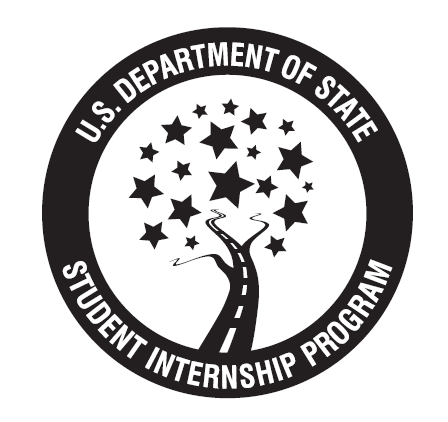
This tool is to be interpreted as a guideline only. It is intended to help applicants in identifying bureaus to which their majors may relate. Bureaus and offices require a broad range of skills and academic backgrounds to accomplish their goals, and do not limit their selections to only those majors indicated here.
Choose Your Major:
